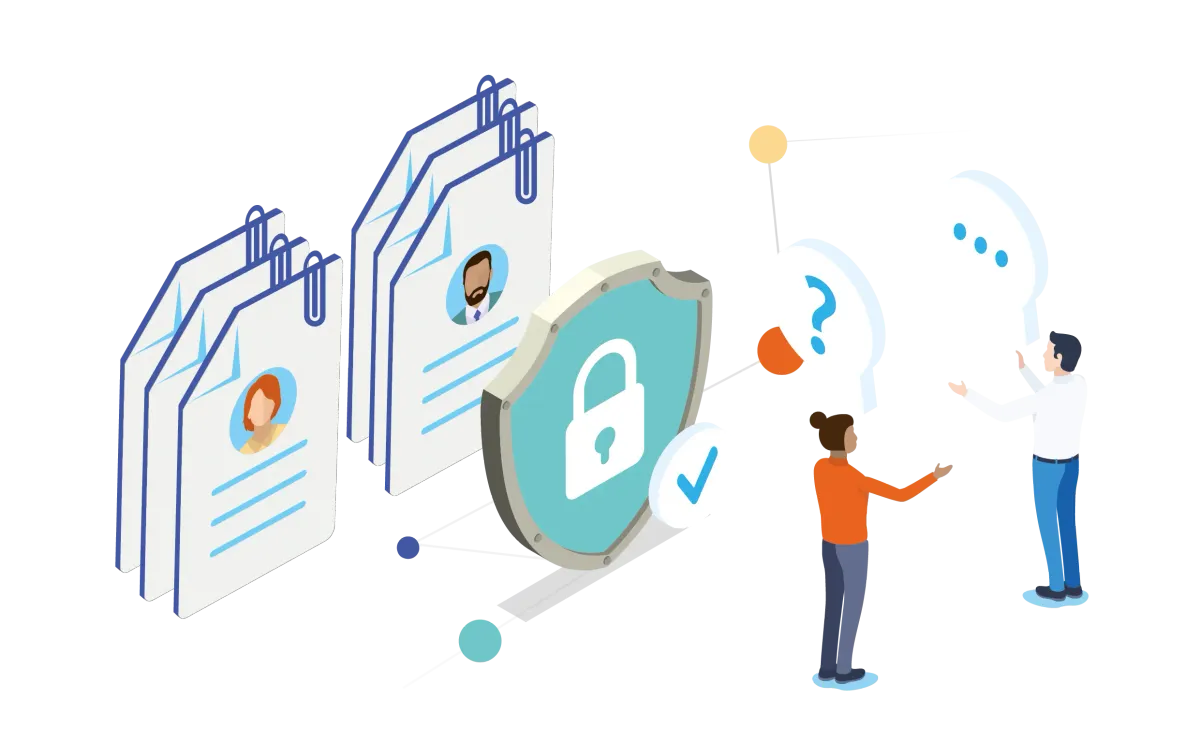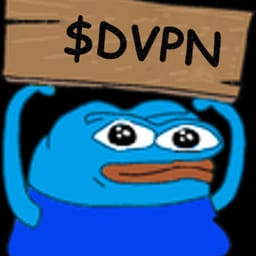Unveiling Decentralized VPNs: A New Era of Internet Freedom

Just as the release of the Bitcoin whitepaper in 2008 heralded the dawn of decentralized finance, the emergence of decentralized Virtual Private Networks (dVPNs) promises to revolutionize the way we access and interact with the digital world.
As we stand on the precipice of this technological frontier, it's important to understand the significance of decentralized VPNs and their potential to reshape the digital landscape. In this article, we'll look at the mechanics of dVPNs, their features, and why they're indispensable in today's hyper-connected world.
The Birth of Decentralization: A Brief History
The concept of decentralization isn't new. It traces its roots back to the early days of the internet, when visionaries envisaged a network free from centralized control. However, it wasn't until the release of the Bitcoin whitepaper in 2008 that decentralization found its most potent expression.
Fast forward to 2024, and the principles espoused in that seminal document have permeated every facet of our digital lives. From decentralized finance to decentralized governance, the ethos of decentralization has become a guiding principle for technological innovation.
But perhaps nowhere is the promise of decentralization more apparent than in the realm of Virtual Private Networks (VPNs). Traditionally, VPNs have served as a means to secure our online communications and protect our privacy. However, the rise of centralized VPN providers has raised concerns about data privacy and security, prompting a search for alternative solutions.
Enter Decentralized VPNs: Unlocking Internet Freedom
Decentralized VPNs, or dVPNs, represent a paradigm shift in how we think about online privacy and security. Unlike traditional VPNs, which rely on centralized servers to route and encrypt traffic, dVPNs leverage distributed networks to achieve the same goals in a decentralized manner.
The fundamental premise of dVPNs is simple yet revolutionary: by dispersing VPN infrastructure across a decentralized network of nodes, users can enjoy the same benefits of traditional VPNs—such as anonymity, encryption, and bypassing geo-restrictions—without relying on a single point of failure.
But what sets dVPNs apart is their resilience in the face of censorship and government surveillance. In an age where internet freedoms are increasingly under threat, dVPNs offer a lifeline to those seeking to evade censorship and access unrestricted information.
The Mechanics of Decentralized VPNs: How Do They Work?
At the heart of every dVPN lies a decentralized network of nodes, each serving as a relay point for encrypted traffic. When a user connects to a dVPN, their traffic is routed through a series of these nodes, making it virtually impossible for third parties to intercept or monitor their communications.
But what truly sets dVPNs apart is their use of blockchain technology to ensure transparency, accountability, and censorship resistance. By recording VPN transactions on a public ledger, dVPNs create an immutable record of user activity, safeguarding against tampering and censorship.
Moreover, dVPNs employ cryptographic techniques such as zero-knowledge proofs and homomorphic encryption to ensure end-to-end security and privacy. This means that even the dVPN provider itself cannot access or decrypt user data, ensuring complete anonymity and confidentiality.
Features and Benefits of Decentralized VPNs: Why Do We Need Them?
The benefits of decentralized VPNs are manifold. For starters, they offer unparalleled privacy and security, allowing users to browse the internet without fear of surveillance or data harvesting. Additionally, dVPNs enable users to bypass geo-restrictions and access content from anywhere in the world, regardless of their physical location.
But perhaps most importantly, dVPNs empower individuals to reclaim control over their digital lives. In a world where tech giants and government agencies wield unprecedented power over our online activities, dVPNs offer a means of resistance—a way to assert our right to privacy and freedom of expression.
Also, dVPNs have the potential to democratize access to the internet, particularly in regions where censorship and surveillance are rampant. By providing a decentralized infrastructure for circumventing government restrictions, dVPNs give voice to the voiceless and empower individuals to speak truth to power.
The Future of Decentralized VPNs
As we look to the future, the potential of decentralized VPNs is virtually limitless. From safeguarding our online privacy to promoting internet freedom, dVPNs have the power to reshape the digital landscape in profound and transformative ways.
But realizing this potential will require collaboration and innovation on a global scale. Governments, tech companies, and civil society must work together to promote the adoption of dVPNs and ensure their continued development and improvement.
Final Thoughts
Decentralized VPNs represent a beacon of hope in an increasingly centralized and surveilled world. By harnessing the power of decentralization, we can reclaim our digital sovereignty and build a more open, inclusive, and democratic internet for all.


Join Our Journey
At dVPN.news every member of the Sentinel community is a contributor. Whether you're writing articles, sharing tutorials, or participating in discussions, your involvement is what drives our collective growth, and best of all it's rewarded! Together, so if you to contribute to the growth of the Sentinel Network, you are in the right place!

Connect with Us
Stay in touch and be part of our growing community:
- Follow Sentinel on X (Twitter)
- Follow The Growth DAO on X (Twitter)
- Join The Growth DAO community Telegram Group






